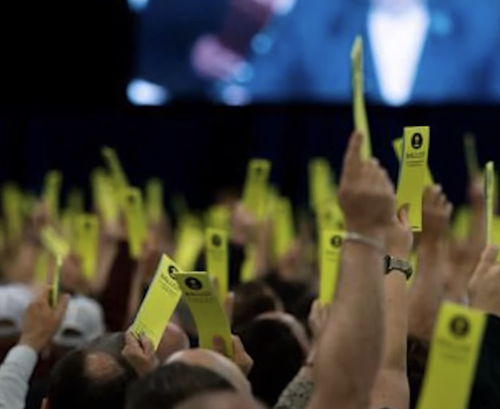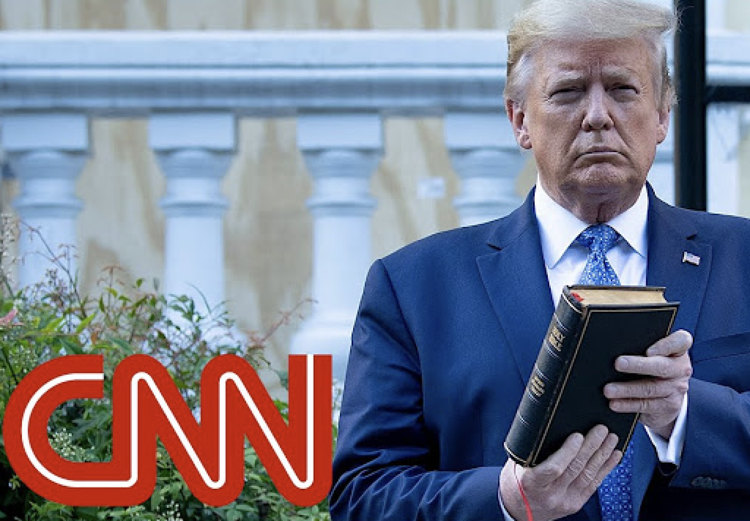This has been true for decades: Journalists just love headlines that include Baylor University and anything having to do with sex.
More than two decades ago, it was Baylor coeds posing for Playboy. Two decades before that, it was student journalists getting fired for disagreeing with a Baylor policy that students shouldn’t pose for Playboy. Ironically, that controversy was an echo of earlier controversies about student journalists (including moi) publishing stories about sexual assaults near campus (and other hot topics).
The big idea is that sin exists at Jerusalem on the Brazos and that Baylor leaders are naive in thinking that they can do anything about that. Trust me: Some of these headlines are more important than others. Now we have this double-decker headline from Religion News Service:
Baylor University wins exemption from Title IX’s sexual harassment provisions
The private Baptist school argued discrimination complaints made by LGBTQ students were ‘inconsistent’ with the university’s religious values
As always, there are two questions that journalists need to answer when covering this fight and both of them involve religious doctrines that define this private academic community.
Question 1: Are Baylor’s “beliefs” backed by legal ties to a specific denomination and its teachings?
Question 2: Are Baylor students required to sign a “doctrinal covenant” in which they agree to support this private school’s “student code" or, at the very least, not to publicly oppose it?
The answer to both: Maybe, maybe not. Clarity on both of these questions is crucial to the Baylor left (and that is a real thing), the Baylor establishment and to Baylor’s conservative critics. It would help if journalists at RNS and other mainstream news outlets asked those questions and published the results. It’s no surprise that the best information can be found in niche Baptist-news sources.
Meanwhile, here is the RNS overture, atop a story that does not include a single sentence of material drawn from interviews with experts backing Baylor’s point of view.










